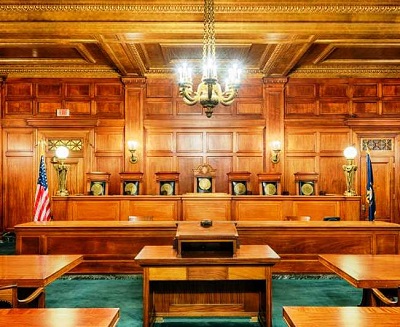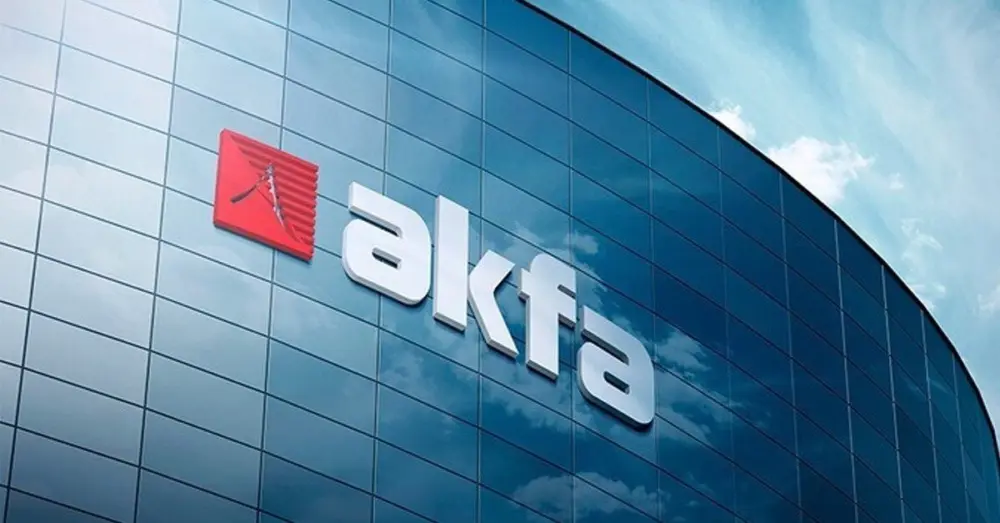
In a bitter defeat for school choice advocates, Kentucky’s Supreme Court on Thursday struck down a Republican-backed initiative to award tax credits for donations supporting private school tuition — a program that opponents said would divert money from public schools.
The high court said in its unanimous decision that the 2021 provisions violated the state’s constitution. The justices upheld a lower court ruling against the program more than a year ago.
The measure sparked heated debate in narrowly winning passage from the state’s Republican-dominated Legislature over Democratic Gov. Andy Beshear’s veto. The contentious debate continued as advocates on both sides of the policy battle weighed in on the Supreme Court’s ruling.
Eddie Campbell, president of the Kentucky Education Association, a labor association representing tens of thousands of educators, hailed the ruling as a victory for public schools.
“We simply can’t afford to support two different education systems — one private and one public — on the taxpayers’ dime, and this ruling supports that concern,” he said in a statement. “This decision is proof that the courts continue to serve as an important check against legislative overreach.”
The ruling drew a sharply worded response from the Bluegrass Institute for Public Policy Solutions, a Kentucky-based free market think tank.
“The Kentucky Supreme Court sided with opponents of educational liberty by denying voluntary donations from individuals and businesses to help children trapped in failing schools in the state’s largest counties have access to better schools and brighter futures,” the organization said.
The legal challenge focused on a key part of the 2021 law creating a form of scholarship tax credits — referred to as education opportunity accounts. The lawsuit called it a “diversion of public revenues to private schools” and asked that it be struck down.
Under the measure, private donors backing the accounts would have been eligible for tax credits from the state. The grants could have been used for an array of educational expenses — including private school tuition in several of the state’s most populated counties.
Opponents warned the tax credits would cost the state treasury up to $25 million a year — money they said could go for public education.
Supporters said the measure offered opportunities for parents who want new schooling options for their children but are unable to afford them.
Beshear said Thursday that the Supreme Court’s ruling should now settle the issue.
“We can’t send public dollars directly or indirectly to private or charter schools nor should anyone try,” he said. “The answer is to work together to improve our public school system.”
Kentucky House Speaker David Osborne said, however, that the program’s supporters remain committed to the policy goal — ensuring that “all Kentucky children have access to the educational opportunities they deserve” to reach their potential.
“We will continue efforts to empower parents and families despite pushback from an education administration more interested in satisfying self-serving union interests,” the Republican speaker said in a statement.
In October 2021, Franklin County Circuit Court Judge Phillip Shepherd ruled that the school choice program was unconstitutional and blocked it from taking effect. The state Supreme Court ultimately agreed with Shepherd in ruling Thursday that the provisions violated the constitution.
“We are compelled to agree that the EOA Act violates the plain language of Section 184” of the state constitution, Deputy Chief Justice Lisabeth T. Hughes said in writing for the high court. “Simply stated, it puts the Commonwealth in the business of raising sum(s) . . . for education other than in common schools.”
Hughes noted that other sections of the school choice measure were not at issue in the legal dispute. Those unaffected provisions dealt with allowing public school students to transfer, without penalty, from their district of residence to another public school district, she said.
The Associated Press








